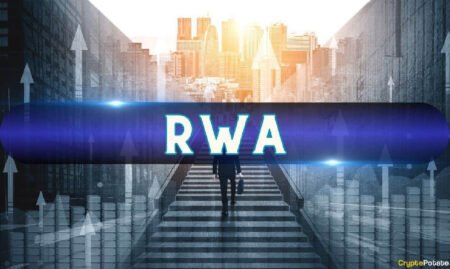Polymarket users are predicting that President-elect Donald Trump will not approve a Strategic Bitcoin Reserve within the first 100 days of his administration. A poll with over $1.5 million in funds puts these odds at just 27%, down from 60% after Trump’s election. This prediction is significant as Polymarket has a history of accuracy, including its estimate on the last presidential election. However, other participants in the prediction market, like Kalshi, expect Trump to eventually accept Bitcoin as a strategic reserve, joining crude oil and gold.
States such as Texas, Ohio, and Pennsylvania have already begun working on their strategic Bitcoin reserves. In Pennsylvania, a bill states that the government may invest at least 10% of the State General Fund in Bitcoin to combat inflation. Despite these developments, Polymarket and Kalshi users believe that the Texas strategic Bitcoin reserve bill will take time to pass, with odds ranging from 10% to 24% by next year.
Proponents of the U.S. embracing Bitcoin as a strategic reserve, such as Senator Cynthia Lummis, argue that it makes financial sense due to demand and supply dynamics. Bitcoin demand is on the rise, with spot ETFs holding over $128 billion in assets. Additionally, supply is decreasing, with mining difficulty reaching a record high after the last Bitcoin halving event in April. Some analysts speculate that the U.S. could use its Bitcoin holdings to pay off some of its $36 trillion debt.
However, opponents of Bitcoin as a strategic reserve cite concerns about volatility, limited acceptance, market scale, regulatory constraints, and implications for sovereignty and trust. The Federal Reserve has indicated that it is not permitted to hold Bitcoin, requiring a congressional law to do so. Despite these challenges, Trump has expressed support for Bitcoin and suggested that the government convert its Bitcoin holdings into strategic reserves, with data showing the government currently holds 198,000 coins valued at $18 billion.
In conclusion, Polymarket users are predicting that Trump will not approve a Strategic Bitcoin Reserve within the first 100 days of his administration, while other platforms like Kalshi are more optimistic about Bitcoin’s chances as a strategic reserve. States like Texas, Ohio, and Pennsylvania have already begun working on their own Bitcoin reserves, but the passing of bills may take time. Proponents argue that embracing Bitcoin as a strategic reserve makes financial sense due to demand and supply dynamics, while opponents raise concerns about volatility and regulatory constraints. Despite these challenges, Trump has shown support for Bitcoin and suggested converting government holdings into strategic reserves.



















